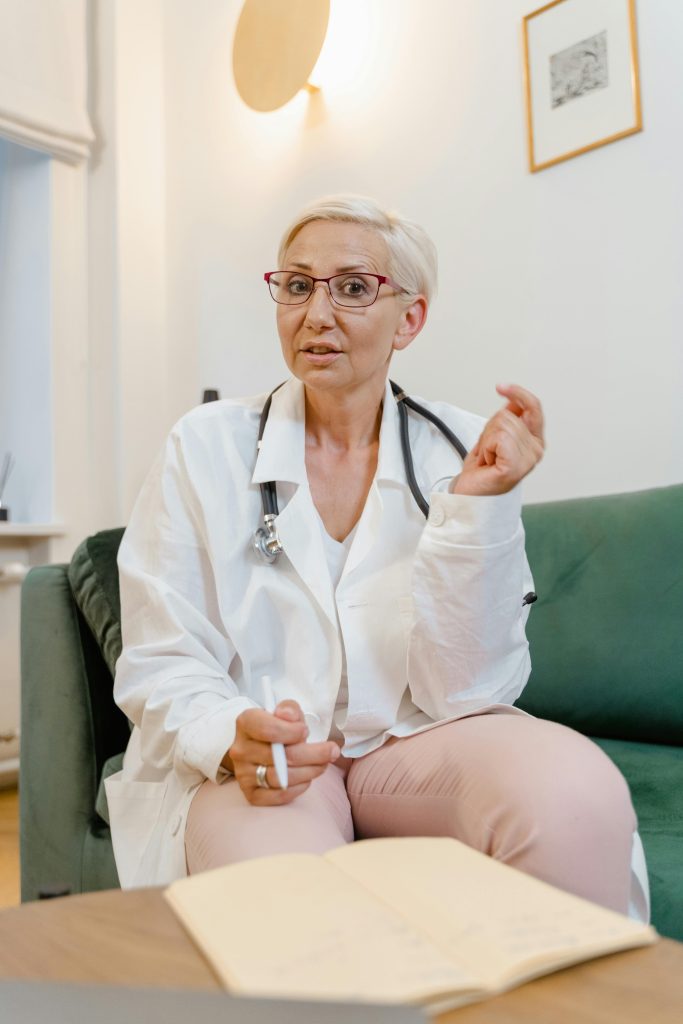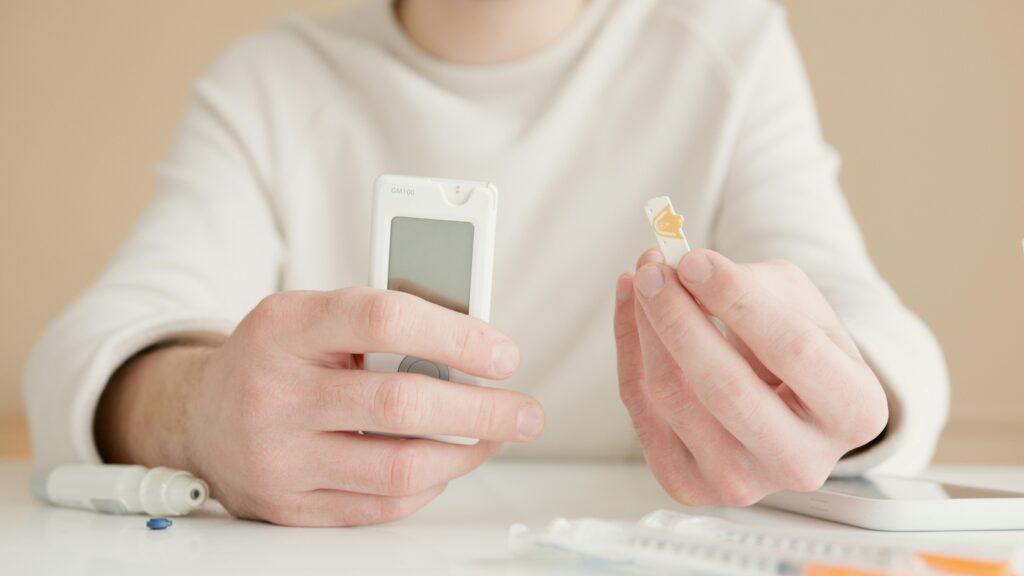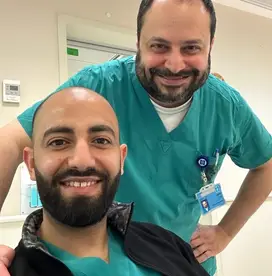Medical emergencies, by their very nature, are sudden, unexpected, and often life-threatening. While the physical wounds may heal with time and expert care, the emotional scars can linger, often unseen and unacknowledged. Many individuals who survive serious illnesses, accidents, or critical medical procedures may experience significant psychological distress that can develop into Post-traumatic Stress Disorder (PTSD). As an emergency medicine physician, I have witnessed firsthand the incredible resilience of the human body, but it’s equally important to address the often-invisible wounds of the mind.
This article aims to shed light on the profound impact of medical trauma and provide a compassionate guide to understanding, recognizing, and managing PTSD in the aftermath of a medical crisis.
What is Medical Trauma?
Medical trauma refers to the psychological and emotional distress experienced as a result of a frightening or life-threatening medical event. This can include a severe illness, a serious injury, a painful or invasive medical procedure, a prolonged hospital stay, or even witnessing someone else’s medical crisis. The experience can be overwhelming, leaving individuals feeling helpless, fearful, and with a sense of loss of control over their own bodies and well-being.

Understanding Post-Traumatic Stress Disorder (PTSD)
PTSD is a mental health condition that can develop in people who have experienced or witnessed a terrifying event. While commonly associated with combat veterans, PTSD can affect anyone who has gone through a traumatic experience, including medical trauma. It’s a natural response to extreme stress, but when the symptoms persist and significantly interfere with daily life, it may indicate PTSD.
George Shamma
Recognizing the Symptoms of PTSD After Medical Trauma
The symptoms of PTSD can vary from person to person, but they generally fall into four main categories:
- Intrusion: These involve reliving the traumatic event through:
- Flashbacks: Feeling like the event is happening again.Nightmares: Distressing dreams related to the trauma.Intrusive Thoughts: Unwanted and distressing memories that pop into your mind.Emotional Distress: Intense emotional reactions when reminded of the trauma.Physical Reactions: Physical symptoms like increased heart rate or sweating when exposed to reminders.
- Avoidance: Trying to avoid anything that reminds you of the trauma, such as:
- Thoughts or feelings about the event.People, places, activities, objects, and situations that trigger memories.Avoiding seeking necessary follow-up medical care.
- Negative Alterations in Cognition and Mood: Negative thoughts and feelings that began or worsened after the trauma, including:
- Difficulty remembering important aspects of the traumatic event.Exaggerated negative beliefs about oneself, others, or the world.Persistent negative emotional state (e.g., fear, horror, anger, guilt, or shame).Markedly diminished interest or participation in significant activities.Feelings of detachment or estrangement from others.Inability to experience positive emotions.
- Alterations in Arousal and Reactivity: Increased irritability and reactivity, such as:
- Irritable behavior and angry outbursts, typically expressed as verbal or physical aggression toward people or objects.Reckless or self-destructive behavior.Hypervigilance (being constantly on guard).Exaggerated startle response.Problems with concentration.Sleep disturbance.
It’s important to remember that experiencing some distress after a medical trauma is normal. However, if these symptoms persist for more than a month and significantly impact your daily functioning, it’s crucial to seek professional help.
Compassionate Strategies for Healing and Recovery
Healing from medical trauma and PTSD is a journey that requires patience, self-compassion, and often, professional support. Here are some strategies that can aid in the recovery process:
- Acknowledge and Validate Your Feelings: Recognize that your emotional response to the medical trauma is valid. Allow yourself to feel whatever emotions arise without judgment. Talking to a trusted friend, family member, or therapist can help in processing these feelings.
- Seek Professional Support: Therapy, particularly trauma-focused cognitive behavioral therapy (TF-CBT) and Eye Movement Desensitization and Reprocessing (EMDR), can be highly effective in treating PTSD. A mental health professional can provide you with tools and strategies to manage your symptoms and process the traumatic experience in a safe and supportive environment.
- Build a Strong Support System: Connect with people who understand what you’re going through. Support groups for medical trauma survivors or individuals with PTSD can provide a sense of community and shared experience. Leaning on friends and family who offer empathy and understanding is also crucial.
- Practice Self-Care: Engage in activities that promote physical and emotional well-being. This can include regular exercise, healthy eating, sufficient sleep, mindfulness and meditation, spending time in nature, and pursuing hobbies and interests.
- Gradual Exposure: With the guidance of a therapist, gradually and safely expose yourself to reminders of the trauma that you have been avoiding. This can help to reduce the fear and anxiety associated with these triggers.
- Develop Coping Skills: Learn and practice healthy coping mechanisms to manage distressing thoughts and feelings. This might include relaxation techniques, deep breathing exercises, grounding techniques, or engaging in distracting activities.
- Be Patient and Kind to Yourself: Healing takes time, and there will be ups and downs along the way. Be patient with yourself and acknowledge your progress, no matter how small it may seem. Treat yourself with the same kindness and understanding you would offer to someone else going through a similar experience.
Hope and Healing After Medical Trauma
Experiencing PTSD after a medical trauma can feel isolating and overwhelming, but it’s important to remember that recovery is possible. By understanding the impact of medical trauma, recognizing the symptoms of PTSD, and seeking appropriate support, you can embark on a journey of healing and reclaim your life. You are not alone, and there is hope for a brighter future free from the grip of these unseen scars.
If you or someone you know is struggling with the aftermath of a medical trauma, please reach out to a mental health professional for guidance and support. Your well-being matters, both physically and emotionally.


